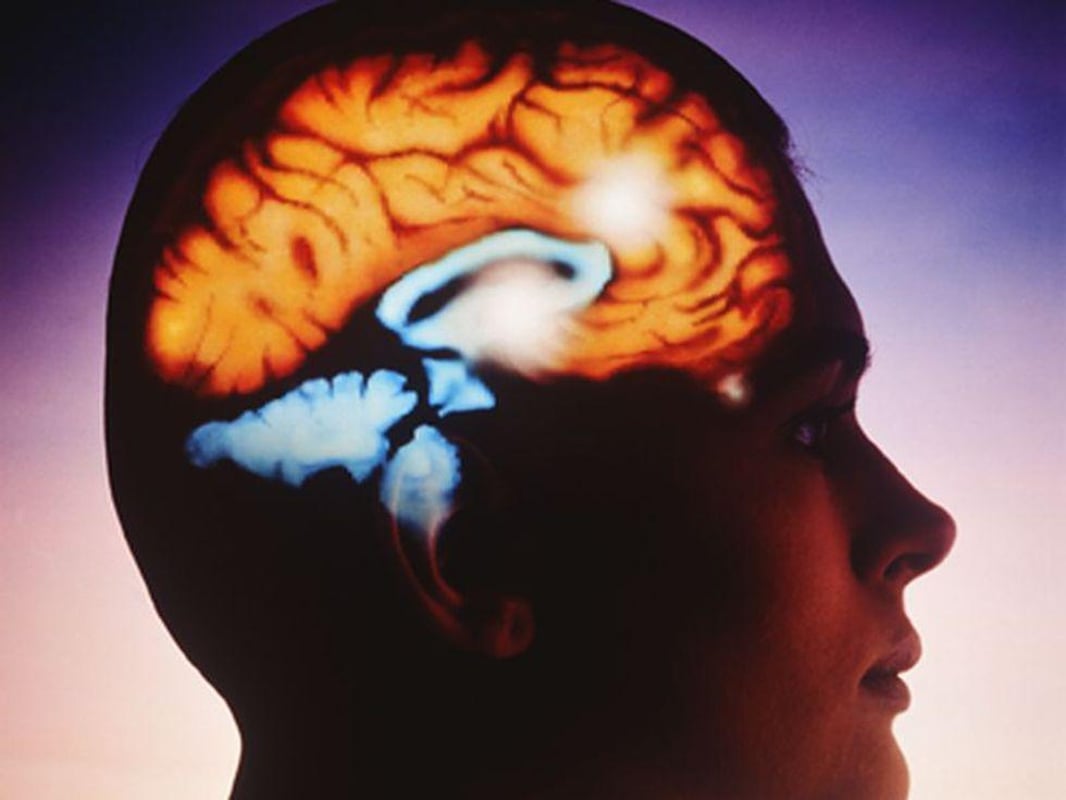Neurologists’ Group Issues New Treatment Guidelines for Early Parkinson’s

FRIDAY, Nov. 19, 2021 (HealthDay News) -- Guidelines for treating movement problems in people in the early stages of Parkinson's disease have been updated.
The new treatment recommendations from the American Academy of Neurology (AAN) focus on dopaminergic medications, which increase dopamine levels or mimic dopamine effects. Parkinson's is a movement disorder that occurs when nerve cells in the brain fail to produce enough dopamine.
The new guideline updates treatment recommendations published in 2002.
"We carefully reviewed the available research on the effectiveness and possible risks of medications to treat motor symptoms in people with early Parkinson's disease and found that levodopa is usually the best first treatment for these symptoms," said Dr. Tamara Pringsheim, lead author of the updated guideline. She's a professor in clinical neurosciences at the University of Calgary in Alberta, Canada.
The guideline says neurologists should counsel patients on the benefits and risks of initial therapy with three treatment options: levodopa, a drug that is converted into dopamine in the brain; dopamine agonists, drugs that mimic the effects of dopamine; and monoamine oxidase B (MAO-B) inhibitors, drugs that prevent an enzyme called MAO-B from breaking down dopamine.
Treatment with levodopa is better at reducing motor symptoms in early Parkinson's patients than either dopamine agonists or MAO-B inhibitors, according to the guideline published online Nov. 16 in the journal Neurology.
"Still, there are side effects with levodopa as well as other drugs, so it is important that a person newly diagnosed with Parkinson's disease discusses all options with their neurologist before deciding on the best treatment plan for them," Pringsheim added in an AAN news release.
Levodopa is more likely than dopamine agonists to cause dyskinesia — involuntary, erratic writhing movements of the face, arms, legs or trunk — during the first five years of treatment, but rates of severe or disabling dyskinesia were low during that time.
The guideline says neurologists should prescribe the lowest effective dose of levodopa to maximize benefits and minimize dyskinesia risk.
While dopamine agonists are less likely to cause dyskinesia, they are more likely to cause impulse-control disorders, such as compulsive gambling, eating, shopping or sexual activity, as well as hallucinations, according to the guidelines.
They are also associated with a greater risk of excessive daytime sleepiness, so people with jobs that require driving or operating heavy machinery may face greater problems from these side effects, the guideline warns.
It also said that patients are more likely to stop their treatment due to side effects when taking dopamine agonists and MAO-B inhibitors than when taking levodopa, and that patients taking MAO-B inhibitors are more likely to require additional therapy within two to three years.
"Choosing to start a medication is a collaborative decision between a person with Parkinson's disease, their neurologist, and their caregiver," Pringsheim said. "The right medication will depend on a person's symptoms, age and life circumstances. They are encouraged to discuss the potential benefits and adverse effects of medication options with their neurologist and care team."
More information
The Parkinson's Foundation has more on Parkinson's disease.
SOURCE: American Academy of Neurology, news release, Nov. 15, 2021
Related Posts
Prehabilitation Exercise Intervention Studied in Esophageal Cancer
WEDNESDAY, Feb. 2, 2022 (HealthDay News) -- For patients with esophageal cancer,...
Health Highlights: Dec. 15, 2021
Omicron could trigger big surge in infections by January. A sevenfold spike in...
Survivors of Childhood Cancer More Likely to Be Undertreated for CVD
WEDNESDAY, June 8, 2022 (HealthDay News) -- Adult survivors of childhood cancer...
Hay mucho en juego antes del voto de un panel de la FDA sobre un medicamento para la ELA
LUNES, 28 de marzo de 2022 (HealthDay News) -- Unos grupos de defensoría...
